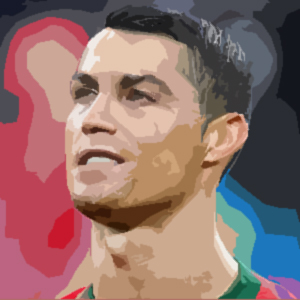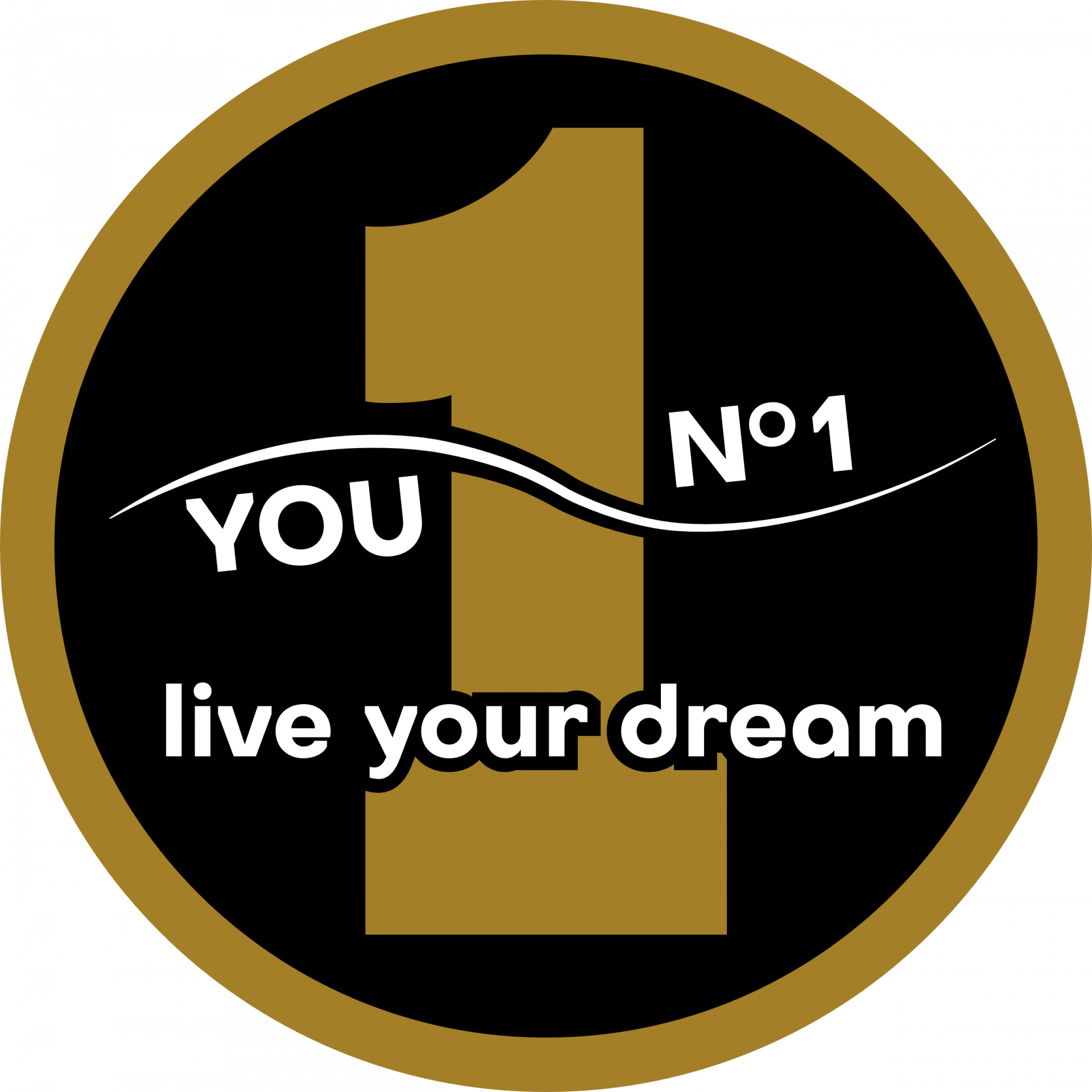Cristiano Ronaldo
September 5, 2019

Cristiano Ronaldo is undoubtedly one of the best football players in the world. Some love him, others hate him. Some see him as arrogant, others admire his honesty and unwavering self-efficacy. He is a player who evokes strong emotions wherever he goes and can proudly look back on his meteoric career. Today, his initials and the number 7 are registered trademarks. But how did he achieve all this?
Cristiano Ronaldo was born on February 5, 1985, in Funchal, the capital of the Portuguese island of Madeira, as the fourth child of the Aveiro family—unplanned, as his mother later admitted. His father Dinis was a gardener and struggled with alcoholism, while his mother worked hard as a cook. The family lived under difficult conditions: the house was too small for six people and the walls were damp. Already at the age of two or three, Cristiano developed a passion for the ball—he even slept with it in bed.
Cristiano was not a good student, but his teachers remember him as well-behaved and cheerful. It was clear early on that football was his greatest passion—he often skipped classes to train and, if necessary, made a ball out of socks. As there was no football pitch nearby, he played on the street. At the age of six, he joined his first football club. His coach described him as very thin but with an unshakable will to win. He cried when he wasn’t allowed to play or when his team lost. From the very beginning, he took football very seriously. His nicknames were “Crybaby” because he cried when he didn’t get the ball, and “Abelinha” (little bee) because he was nearly impossible to stop.
Soon, his name became known throughout Madeira, and the biggest clubs began to take an interest in him. At the age of ten, Cristiano moved to Nacional Madeira. It was obvious that he was undernourished. The coach told his father to make him eat more. But Cristiano’s talent and determination were unmistakable—he always wanted to be the best. At twelve, he transferred to the prestigious club Sporting CP. For the first time, a club paid such a high sum for a twelve-year-old—22,500 euros. Leaving home was painful for him and his family.
The beginnings in Lisbon were tough. Cristiano was the youngest on the team, and his days were strictly scheduled: school until 5 p.m., then training. Because of his accent, classmates made fun of him, as his dialect differed greatly from standard Portuguese. On the first day, he angrily threatened a teacher with a chair. A few days later, he refused to clean the locker room and was suspended from several games as punishment. He cried almost every day out of homesickness. He later said in an interview that this was the most difficult time of his life.
At the age of 15, he was diagnosed with a serious heart condition. Doctors found a congenital malformation that caused his pulse to race. Fortunately, the affected part of the heart could be treated with laser surgery, allowing Cristiano to continue playing football.
He continued to impress and was signed by Manchester United at the age of 18. For the young Portuguese, this was a great honor—and a challenge. He didn’t understand English and had hated the subject in school. The British press was critical, as the club had paid a high transfer fee. But Cristiano persevered and proved his worth. He became the most expensive teenager in the history of British football—15 million euros. His debut was a great success: he was named “Man of the Match.” But soon he was accused of diving. Adapting to the tough English playing style was difficult for him. On September 21, after a match against Arsenal, he got into an altercation with Martin Keown and had to pay a £4,000 fine.
At 19, he was called up to the Portuguese national team—a great honor for him. He was highly motivated and dreamed of becoming European champion. But the final against Greece was lost. Ronaldo felt like a failure in front of his home country. The media published pictures of him crying and looking up to the sky in prayer.
His life has been marked by both triumphs and setbacks. He was falsely accused of rape, lost his father, and had conflicts with teammates. But Cristiano has always shown that football is his passion, his lifelong dream. Whatever happens—he remains strong and works relentlessly on himself. His story is an inspiration for all those who believe in their dreams, want to develop their talents, and never give up.
Based on the book “Ronaldo: The Obsession for Perfection” by Luca Caioli.
Key Terms (SEO): Ronaldo biography, Cristiano Ronaldo childhood, Ronaldo motivation, famous footballers, Ronaldo story, success in football, football inspiration, Ronaldo career, Ronaldo heart surgery, Ronaldo Manchester United




